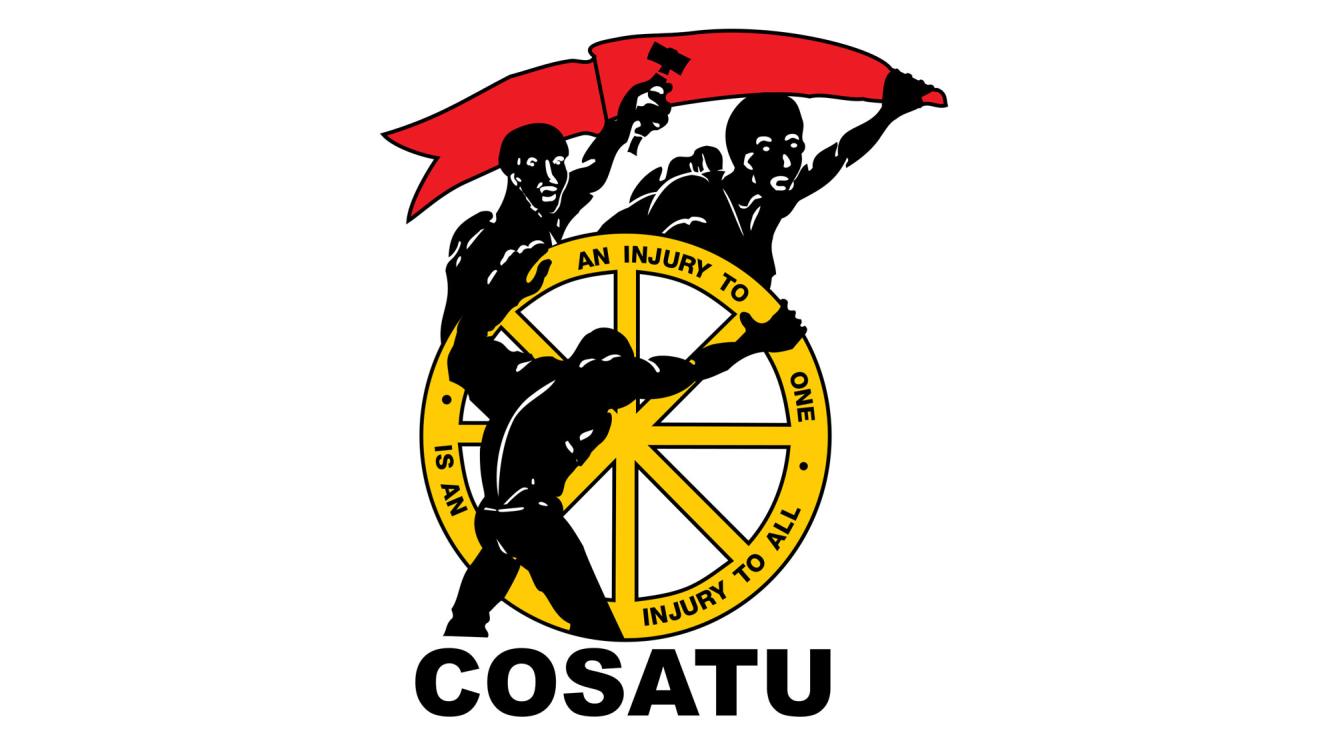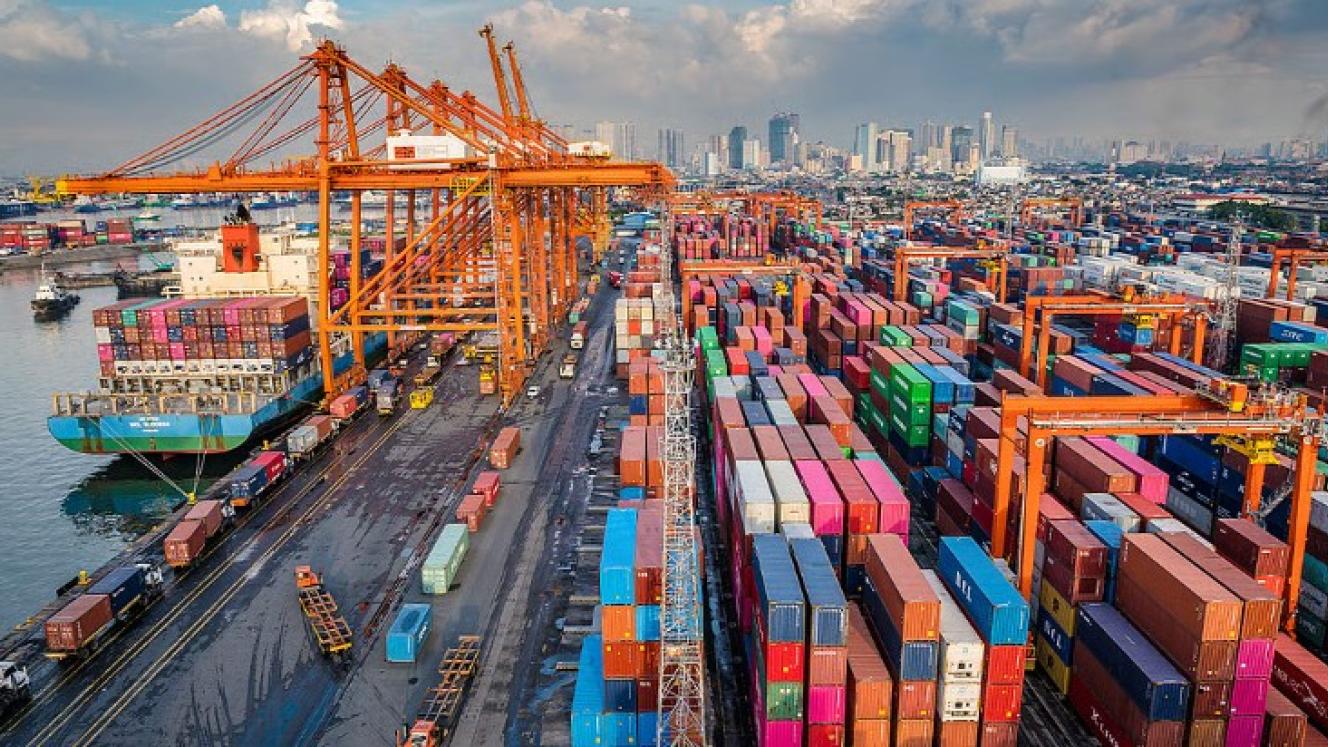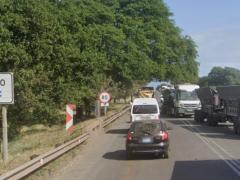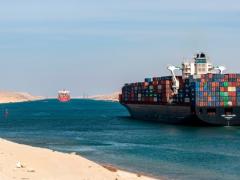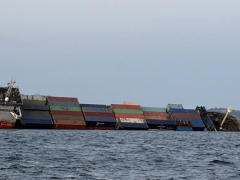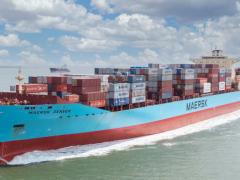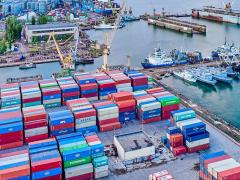Logistics sector employers and trade unions have welcome the reduction in the fuel levy which will lead to a temporary R1.50 drop in the fuel price - but they have warned that this will not provide consumers with relief regarding the escalating prices of food and other goods.
Finance Minister Enoch Godongwana announced the government’s emergency fuel price intervention – a temporary R1.50 per litre reduction in the general fuel levy - in the national assembly on Thursday afternoon.
Godongwana proposed that the general fuel levy be temporarily reduced by R1.50 per litre from April 6 to May 31. This will reduce the general fuel levy for petrol from R3.85 per litre to R2.35 per litre and reduce the general fuel levy for diesel from R3.70 per litre to R2.20 per litre for two months.
Road Freight Association CEO Gavin Kelly said the sector welcomed the cutting of the fuel levy which would at least provide relief to consumers at the pumps, although it was the price of oil and the exchange rate that was leading to spiralling local prices.
“The major portion of the fuel price is determined by the price of a barrel of oil in USD. The exchange rate is what kills us and that is where the government needs to make the changes.
Yesterday the price of fuel per barrel dropped. Any reduction in the price of fuel is a good thing,” Kelly said.
“Immediate relief for the consumer will not be felt as the previous fuel increases are only working through the logistics chain,” Kelly added.
The Congress of South African Trade Unions (Cosatu) spokesperson Sizwe Pamla also welcomed the announcement saying it would provide badly needed relief to workers, commuters and the economy, which was struggling to cope with “painful increases in the fuel price and the subsequent rise in transport, food, and consumer goods costs”.
“The funding of this relief from a sale of the strategic fuel reserves is supported as this will help ensure that money is not diverted from the fiscus. The Federation is however dismayed by the tepid medium- and long-term proposals by government on a more sustainable long-term fuel price regime and how to protect workers and the economy from international oil price volatility,” Pamla said.
“South Africa will continue to be a hostage to international crises and oil and fuel price hikes unless bold measures are undertaken by government and business.”
He said the union called for:
· A comprehensive review of the fuel price regime to reduce costs because currently half of the fuel price goes to taxes.
· Urgent interventions to ensure all Metro Rail lines are reopened to help take 10 million rail commuters off the roads.
· Immediate steps to deploy the SANDF and the re-establishment of a dedicated SA Police Service Railway Unit to secure the railway network, as well as a ban on scrap copper and steel exports to crack down on scrap dealers involved in cable theft.
· A reassessment of the Road Accident Fund and Road Accident Benefits Scheme Bills in Parliament by June 2022.
· Massive investments in public transport to reduce the number of commuters travelling in private cars.
· Converting the motor manufacturing industry from fossil fuel to electric and hydro vehicles.
“The government needs to table its proposals at Nedlac as a matter of urgency so that a common and comprehensive set of interventions can be developed with Organised Labour and Business. Lukewarm proposals will not address one of the largest millstones around the economy. A more affordable fuel price regime and a reduced dependence on fuel will protect workers’ wages and enable them to spend more on their families and in the economy,” he said.
